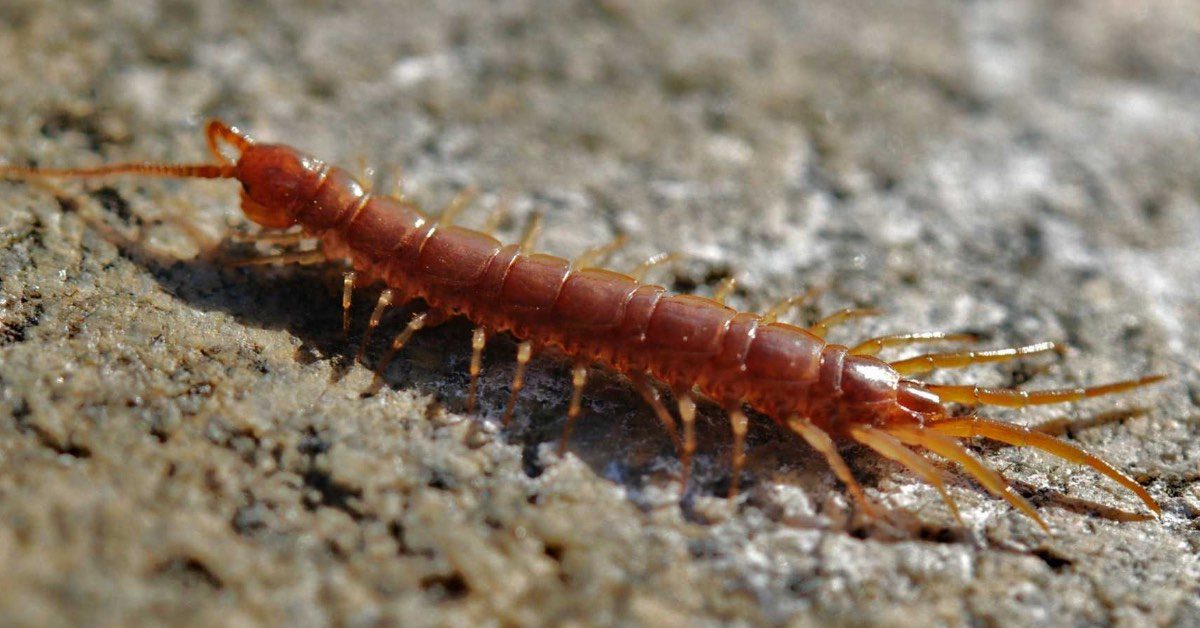Centipedes and millipedes are part of the Myriapoda group, and both have segmented bodies; however, they have several differences. Centipedes belong to the Class Chilopoda and are flexible and move at a quick speed. On the other hand, millipedes belonging to the Class Diplopoda have a more rigid subcylindrical shape and move more slowly.
As for what they eat, centipedes are carnivorous, while millipedes feed on decaying organic matter and eat the leaves and roots of plants.
When they feel threatened, a millipede will curl its body up in defense while the centipede may bite. It’s rare. However, their bite Venum can cause a reaction in small children who have insect allergies.
It may seem strange, but some people use arthropods as pets. On the other hand, most people cringe at having centipedes and millipedes in their homes.
Are you looking for tips on how to get rid of centipedes and millipedes? Then, you came to the right spot. We’ll provide some practical tips and advice on keeping these anthropods away from your home.
Removal of Centipedes and Millipedes
Creating a protective insecticide barrier around your house is a long-term solution to keep out bugs. First, however, you’ll have to combine that strategy with one that eliminates millipedes and centipedes in your home. Then, your options are to catch or kill the anthropods.
The good news is that, unlike nesting insects, you are unlikely to deal with an infestation. Once you’ve removed the arthropods, you’ll have largely solved the problem and achieved control.
Removal Methods
There’s the old shoe-squishing method. But that can be a bit messy. If you prefer a sanitary option, try purchasing sticky traps and placing them in corners and on baseboards.
Peppermint oil and tea tree oil can also be used. However, they must be diluted with water and placed around entry points such as door gaps, windowsills, foundation cracks and other entry points.
Another method to eradicate them is to use sprays or special dust. However, you may want to avoid these chemical insecticides if you have pets and small children.
When choosing a natural pesticide, you can consider diatomaceous earth and boric acid. Then, you will sprinkle these powders around the exterior of your home. However, be careful not to place these natural solutions near plants. Many of them dehydrate anything they touch. This can kill shrubs and flowers inadvertently.
Relocate Centipedes and Millipedes
Since centipedes kill nuisance bugs and insects, you can opt to put them in a glass jar and relocate them back outside.
Get Help To Remove Centipedes and Millipedes
Centipedes and millipedes can turn into uninvited houseguests. Fortunately, knowing how to eliminate them can be straightforward if you are up for the task. Unfortunately, these tactics may not always work, so you will likely have wasted time. Therefore, it can be in your best interest to contact a professional pest control company.
Are you dealing with a pest problem that is bugging you? Our professional pest controllers can deal with all types of unwanted bugs and wild animals. Contact NJ Pest Control today.

